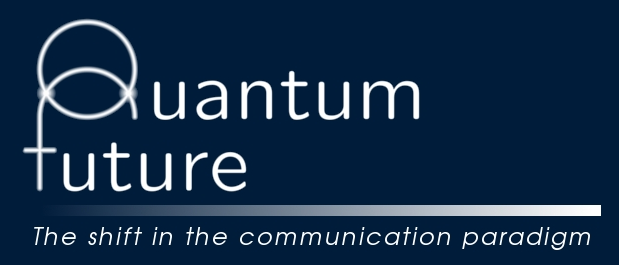
M. Avesani1, L. Calderaro1, G. Foletto1, C. Agnesi1, F. Picciariello1, F. Santagiustina1, A. Scriminich1, A. Stanco1, F. Vedovato1, M. Zahidy1, G. Vallone1, P. Villoresi1
Opt. Lett. 46, 2848-2851 (2021)
DOI: 10.1364/OL.422890
1Department of Information Engineering, University of Padova, via Gradenigo 6/B, 35131 Padova, Italy
Field-trials are of key importance for novel technologies seeking commercialization and wide-spread adoption. This is certainly also the case for Quantum Key Distribution (QKD), which allows distant parties to distill a secret key with unconditional security. Typically, QKD demonstrations over urban infrastructures require complex stabilization and synchronization systems to maintain a low Quantum Bit Error (QBER) and high secret key rates over time. Here we present a field-trial which exploits a low-complexity self-stabilized hardware and a novel synchronization technique, to perform QKD over optical fibers deployed in the city center of Padua, Italy. In particular, two techniques recently introduced by our research group are evaluated in a real-world environment: the iPOGNAC polarization encoder was used for the preparation of the quantum states, while the temporal synchronization was performed using the Qubit4Sync algorithm. The results here presented demonstrate the validity and robustness of our resource-effective QKD system, that can be easily and rapidly installed in an existing telecommunication infrastructure, thus representing an important step towards mature, efficient and low-cost QKD systems.
